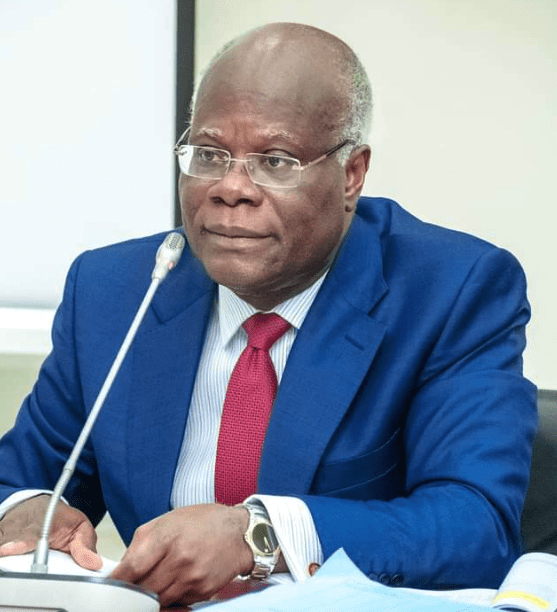
Lets build business resilience into the future
All too soon, the 2023 year comes to an end in 11 days. If 2022 was a difficult year, 2023 proved to be a year the Ghanaian resilience was put to the test.
This edition, being our last for the year 2023, we will want to focus our attention on why business resilience is critical as we prepare for 2024.
From the Government's Economic Programme and Budget Statement for 2024, it looks like the economy is not entirely out of the woods yet as some analysts have stated.
Two major issues that are a source of concern are: We are still not too clear on our external debt restructuring efforts. That is, December is about closing and we are yet to come to a finality on what is the quantum of debt forgiveness or restructuring from our external creditors. It has been one year since we embarked on this route.
We are indeed in unchartered waters as we do not know for certain when the second tranche of the IMF bailout will hit the vault of the central bank.
And we are lucky that the suspension of our external debt repayments has brought about some relief, even though some point to the Gold for Oil policy as a key driver for the current currency stability.
Whichever form our external debt would take, it will certainly not be business as usual. This is because the example of Zambia is all too fresh in our minds. China and France, the co-chairs of Zambia’s external debt restructuring last month rejected the country’s external debt restructuring efforts.
We do not expect the same though, as Ghana seems to be the “poster boy” of the Western economies. But China is unforgiven and does not want to send a signal to all its debtors across the world that it would restructure or write off their debts in case of a default. China has stretched its funding arm way into Africa, covering natural resources it lacks and needs for its global economic expansion.
The second issue is the government’s budgeting of about 22 per cent for salary increases. Good news for workers, given that inflation has made salaried workers poorer over the past year. Even at the current 30-plus rate of inflation, a 22 per cent increase in wages may be too marginal for workers.
The reality though is that the projected 15 per cent headline inflation at the end of 2024 may not be achieved as government expenditure may not be tamed, especially in an election year 2024 even though the government has assured us of being frugal with its spending this election year.
We are told that businesses operate in an environment of predictability. Therefore, these scenarios do not project a sense of business stabilityon the macro-economic front.
The Graphic Business believes the economy has prospects for growth well into the future, however, it will take an audacious strategy rather than the usual rhetoric to turn things around.
Building business resilience will, therefore, be relevant in 2024. It may require scaling down operations, being lean and efficient, business processes alignment, deployment of technology to enhance productivity and more critically, the human factor- a change of mindset and attitudes.
Many businesses that have braced the storm during these crises have laid the foundation for a better future.
Hard lessons, we believe have been learnt during these times. The onus lies with us collectively to build on the foundations to build back the economy better.
Have a joyous holidays.